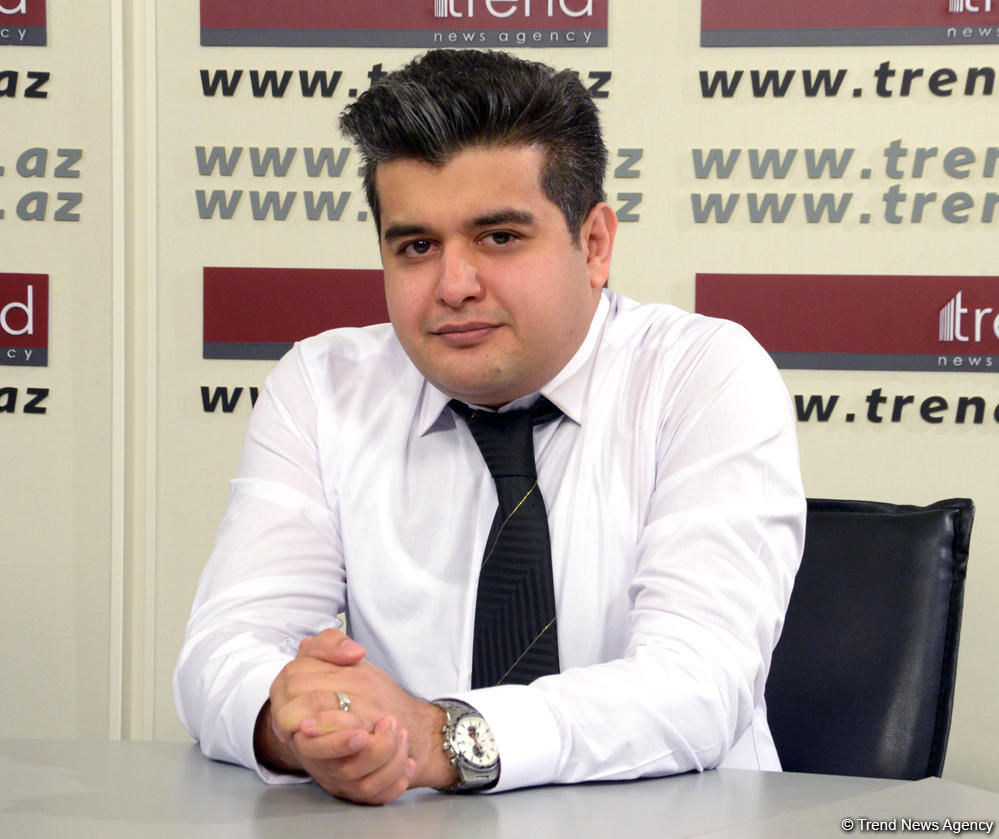Baku, Azerbaijan, Apr. 25
By Farhad Daneshvar – Trend:
Less than one month before presidential election in Iran, the conservative rivals of incumbent President Hassan Rouhani have come up with promises to address unemployment, a major problem in the oil-producing country.
Ebrahim Raisi, who has emerged as a main challenger to the pragmatist President Rouhani in the May 19 election, believes that he is capable of resolving unemployment by creating 1.5 million job vacancies per year.
In the meantime, Mohammad Baqer Qalibaf, another conservative candidate and Tehran’s mayor, has promised that he will create five million jobs if he wins the presidential race.
Although President Rouhani’s administration registered an acceptable economic growth in 2016 after reaching a landmark nuclear deal with the world powers, which resulted in easing the nuclear sanctions on the country’s ailing economy, unemployment rate is still too high.
According to the World Bank, the Iranian economy bounced back sharply in 2016 at an estimated 6.4 percent. However, the unemployment rate returned to a three-year high of 12.7 percent (or 3.3 million unemployed) in the second quarter of 2016 despite the high growth rate in this period.
Coming back to the candidates who want to create millions of jobs, they have so far failed to provide a detailed plan to fulfill their promises. On the other hand, observers question the economy’s capabilities and capacity to create millions of jobs.
Having a look at the country’s economic situation, one can say that Iran’s economic growth over the last year has failed to create new capacities. The Iranian financial policy makers have simply used the country’s idle economic and industrial capacities after the removal of the crippling sanctions to improve the economic growth rate.
While many financial commentators believe that the Islamic Republic’s economic growth came as a result of the country’s breakthrough in oil production, others suggest that economic growth can contribute to tackling unemployment when it covers a wide sphere including small and medium businesses.
The candidates, before bragging about job creation in a country where about 3.3 million people are unemployed, would better provide the public with their plans to address the issues of monopolies, financial embezzlement as well as solutions to improve the business environment and ways to lure foreign investment.







